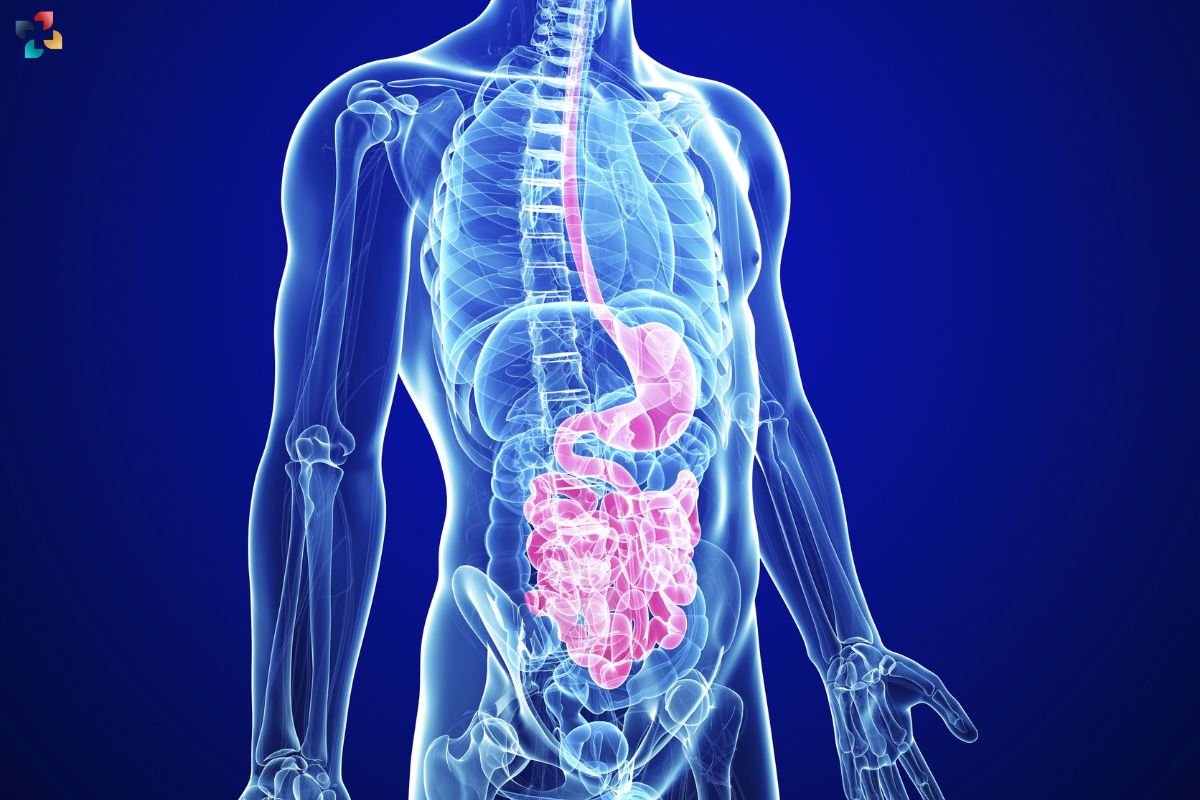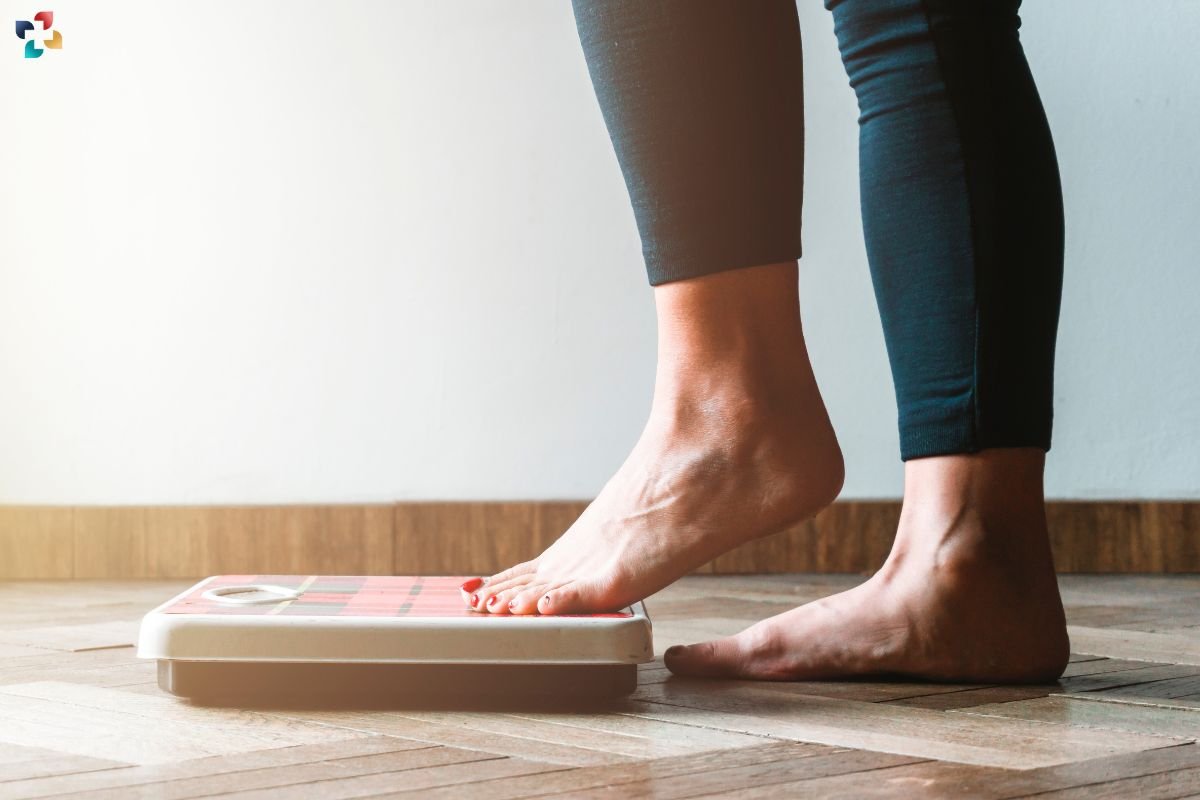Staying hydrated is essential for overall health, yet many people neglect their water intake. Not drinking enough water can lead to a myriad of side effects that affect both physical and mental well-being. In this blog, we will explore the various side effects of insufficient water consumption and the importance of maintaining proper hydration levels.
Understanding the Importance of Water
Water plays a vital role in nearly every bodily function. It aids in digestion, nutrient absorption, and waste elimination. Furthermore, it regulates body temperature and supports joint health. Given these crucial functions, it’s easy to see why not drinking enough water can have detrimental effects.
Common Side Effects of Not Drinking Enough Water
1. Dehydration
The most immediate consequence of not drinking enough water is dehydration. This occurs when the body loses more fluids than it takes in. Symptoms can range from mild to severe and include dry mouth, fatigue, dizziness, and confusion. Chronic dehydration can lead to serious health issues, including kidney stones and urinary tract infections.
2. Fatigue and Reduced Energy Levels
When the body lacks sufficient water, energy levels can plummet. Dehydration reduces blood volume, leading to decreased oxygen transport to muscles and organs. This can result in fatigue, making it difficult to perform daily tasks and engage in physical activities. If you find yourself frequently feeling tired, it might be a sign that you are not drinking enough water.
3. Impaired Cognitive Function
Hydration is crucial for brain health. Not drinking enough water can impair cognitive functions such as concentration, memory, and mood. Studies have shown that even mild dehydration can lead to increased feelings of anxiety and irritability. Ensuring proper hydration can help maintain mental clarity and emotional stability.
4. Digestive Issues

Water is essential for digestion and the absorption of nutrients. Insufficient water intake can lead to constipation and other gastrointestinal issues. The colon absorbs water from the waste material as it passes through. Without adequate hydration, this process can be hampered, resulting in harder stools and difficulty in bowel movements.
5. Dry Skin and Premature Aging
Hydration affects the skin’s elasticity and moisture levels. Not drinking enough water can lead to dry, flaky skin and may accelerate the aging process. Dehydrated skin can also be more prone to wrinkles and other signs of aging. To maintain a youthful appearance, ensure you are drinking enough water daily.
6. Headaches and Migraines
One of the common side effects of not drinking enough water is headaches. Dehydration can cause the brain to temporarily shrink from fluid loss, leading to pain. In some individuals, this can trigger migraines or intensify existing headache conditions. Staying hydrated is a simple yet effective way to help prevent headaches.
7. Increased Risk of Kidney Stones
The kidneys require water to function properly. Not drinking enough water can increase the concentration of minerals in the urine, leading to the formation of kidney stones. These stones can cause severe pain and discomfort. To minimize this risk, aim for adequate hydration to dilute the minerals in the urine.
8. Compromised Immune Function
Proper hydration is essential for a robust immune system. Not drinking enough water can impair the body’s ability to fight off infections and diseases. Dehydration can lead to a decline in the production of lymph, which plays a crucial role in immune response. Staying hydrated can help bolster your immune defenses.
9. Overheating and Heat-Related Illnesses
Water is critical for regulating body temperature. When you are not drinking enough water, your body struggles to cool itself down, increasing the risk of heat exhaustion or heat stroke. This is especially important during hot weather or when engaging in strenuous exercise. Proper hydration helps maintain body temperature and supports overall health.
10. Weight Management Challenges

Interestingly, not drinking enough water can impact weight management. Dehydration can sometimes be mistaken for hunger, leading to unnecessary snacking and overeating. Additionally, staying well-hydrated can boost metabolism and aid in the body’s ability to burn fat. Drinking water before meals can also promote a feeling of fullness, helping to regulate portion sizes.
Tips for Staying Hydrated
To combat the side effects of not drinking enough water, consider these tips for improving your hydration habits:
1. Set Daily Goals
Aim for a specific amount of water each day. A common recommendation is to drink at least eight 8-ounce glasses of water, but individual needs may vary based on factors like activity level and climate.
2. Carry a Water Bottle
Keeping a reusable water bottle with you can serve as a reminder to drink more water throughout the day. This makes it easier to track your intake and ensures you have access to hydration whenever you need it.
3. Infuse Your Water
If plain water feels boring, consider infusing it with fruits, herbs, or vegetables for added flavor. Citrus fruits, berries, cucumber, and mint can make drinking water more enjoyable.
4. Eat Water-Rich Foods

Incorporate fruits and vegetables with high water content into your diet. Foods like watermelon, cucumber, oranges, and strawberries can contribute to your overall hydration.
5. Establish a Routine
Build hydration into your daily routine. Drink a glass of water first thing in the morning, before each meal, and before bed. Creating habits around water consumption can help you stay consistent.
6. Monitor Your Urine Color
A simple way to gauge hydration levels is by checking the color of your urine. Light yellow or straw-colored urine typically indicates proper hydration, while darker urine may suggest the need for more fluids.

Debunking Misconceptions Regarding the Adequate Water Intake Amount
In this article, we will debunk common misconceptions surrounding the adequate water intake amount, shedding light on the factors that influence our individual hydration needs.
Conclusion
Not drinking enough water can lead to numerous side effects that affect both physical and mental health. By understanding these consequences and making a conscious effort to stay hydrated, you can improve your overall well-being. Remember to set daily hydration goals, carry a water bottle, and incorporate water-rich foods into your diet. By prioritizing hydration, you can avoid the adverse effects of dehydration and maintain optimal health. Make hydration a habit, and reap the benefits of a well-hydrated body and mind.







